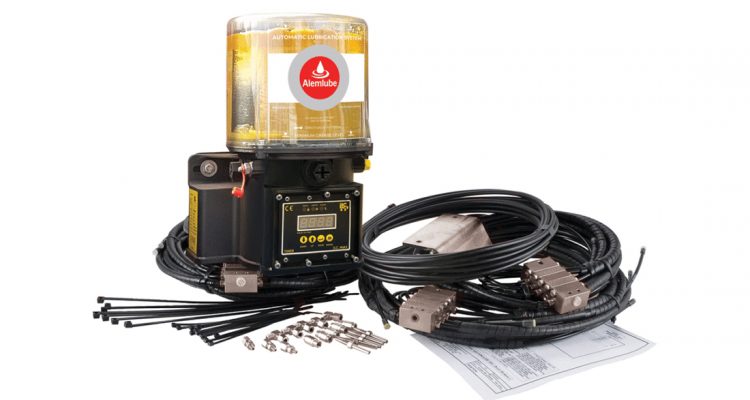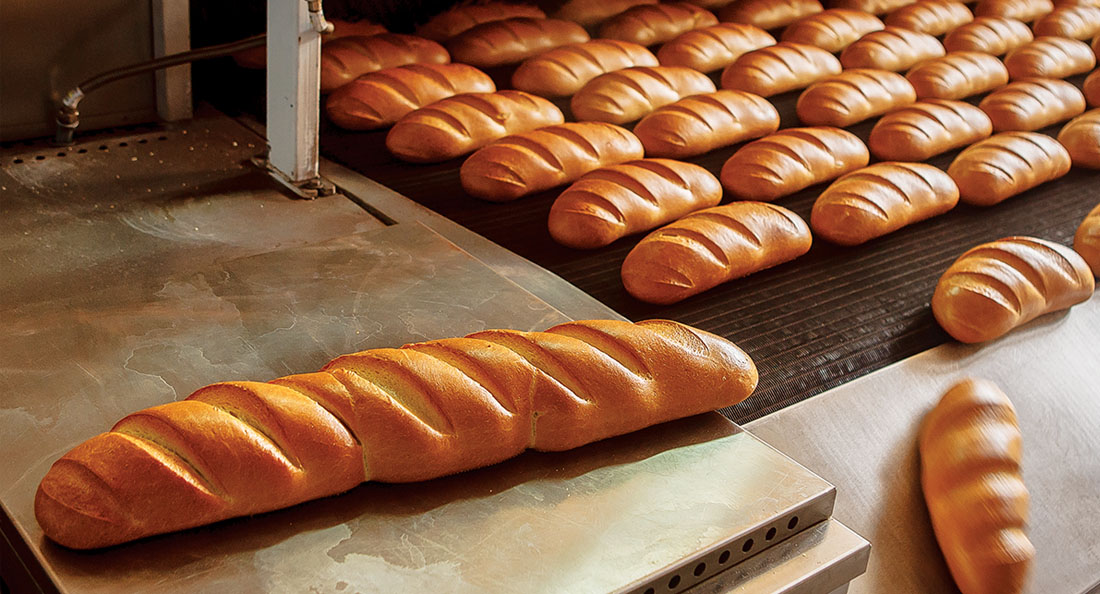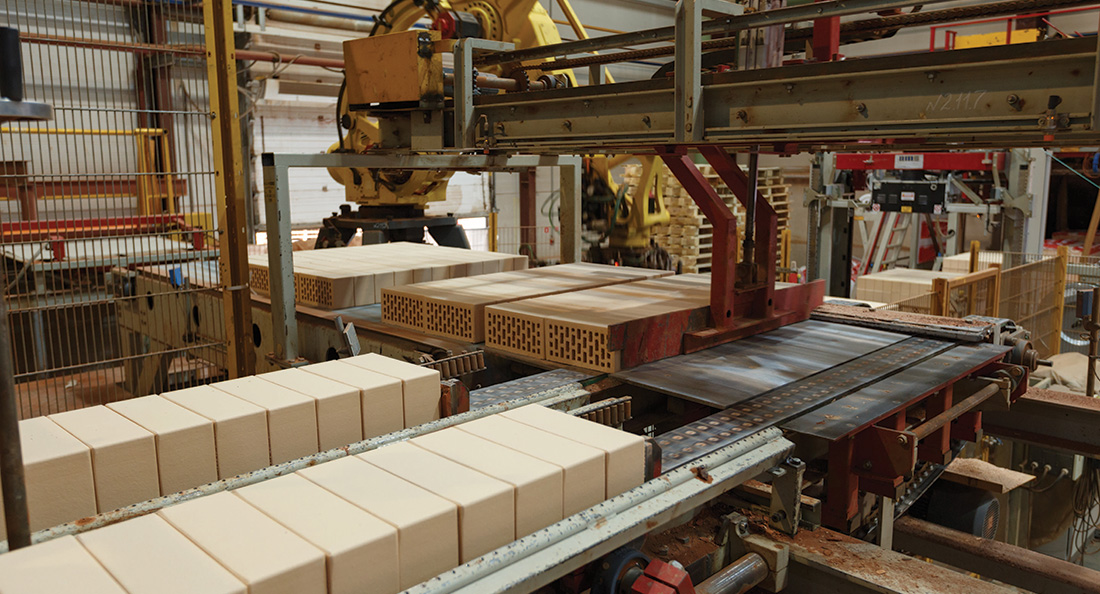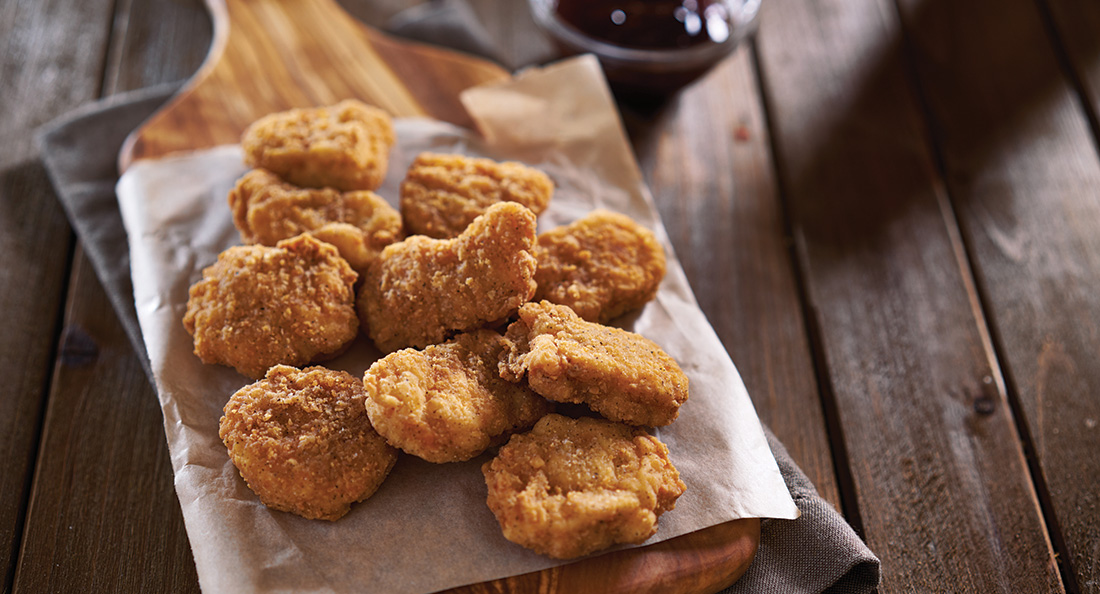Lubrication is the lifeblood of industrial manufacturing environments. Without high-grade, reliable lubricant products, components like chains and bearings have significantly reduced wear resistance, and end up costing businesses far more in the long run. According to John Knight, Lubrication Systems Product Manager at Alemlube, premature component failure can almost always be put down to poor lubrication practices.
“Over 50 per cent of bearing failures occur from either not enough lubricant or contamination. If bearings are kept properly lubricated and contamination free, their lifespan can be improved many times over.”
One of the primary challenges faced in this area is lack of time and resources to ensure comprehensive coverage across industrial sites and plants. The food manufacturing industry presents harsh conditions for equipment performance, so preventative maintenance is crucial to ensuring safe and efficient processes. Often certain roadblocks get in the way, however, such as understaffing, unplanned downtime to due breakdowns and labour costs.
Alemlube’s Automatic Lubrication Systems are expertly designed to carry out ongoing, thorough lubrication of high-friction or high contamination areas. Every hour of operation, they distribute small amounts of fresh product to provide an ongoing collar of grease to designated components. If an issue arises upon application, the pump triggers a visual alarm to advise a necessary inspection.
“Often there are simply not enough hours in the day for customers to correctly maintain their plant and equipment,” says John. “Some sites overlook maintenance and focus mainly on production, but this can be to the detriment of reliability and long-term plant health.”
Another crucial benefit of implementing Automatic Lubrication Systems is ongoing safety for workers. Over-lubrication can just as easily damage these parts, and so ensuring a measured, timely application can be cost effective and time saving. Food handling can involve a multitude of hazardous touch points, such as hot ovens and conveyors. Minimising the amount of manual lubrication required can drastically improve the overall safety of employees, explains John.
“Hand lubrication is hazardous. Automating this process also allows for continuous production – halting machines frequently for maintenance and lubrication is not often possible, as added downtime proves to be expensive. It also reduces the risk of contamination when you are dealing with strict sanitisation protocols for food handling.”
John reflects on Alemlube’s strong relationship with Motion Australia is significantly beneficial to the food and beverage industry. Motion Australia’s knowledgeable representatives can attend site inspections and determine the best possible solution to implementing this automated framework to suit the individual needs of each environment.
“Motion Australia knows their customers and utilises Alemlube’s specialist experience in design and installation. Where they see customers having problems with bearings and lubrication, we collaborate to offer a new portfolio of tools and strategies to increase efficiency and reduce the cost of maintenance on the plant.”
In a food and beverage setting, frequent wash downs and sanitation practices to meet health and safety compliance means that operation line efficiency is often disrupted. By taking away the need for time and resources spend manually lubricating on site, Alemlube’s automated system is integral in realising the equipment’s best performance and service life.
These customisable systems are available in single and multi-point programs, and can be stationed up to twenty metres from the lubrication point for ease of access and control. They are constructed from the latest engineering-grade polymer materials, and designed to withstand the harshest operating conditions. An integrated system controller allows for close and accessible monitoring, while precise dividers ensure exact grease quantities are distributed smoothly. Every industrial grade component within the system is suitable for pressures of 280Bar (4,200psi) – an industry best in Australia.




